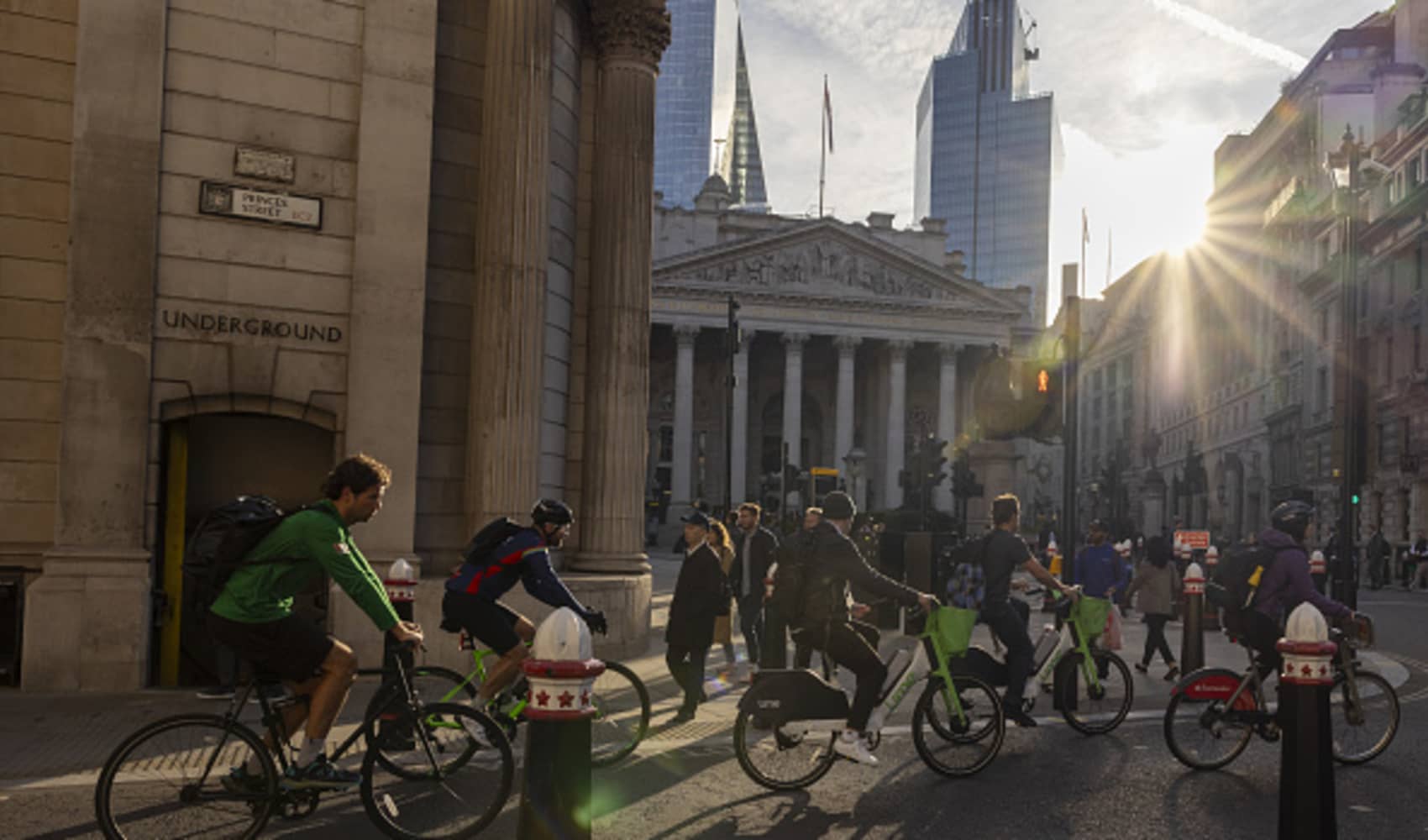
- For couples, Feb. 14 is typically a day to go all out.
- However, the past year has put a stranglehold on discretionary spending.
- Almost 4 in 10 adults said they plan to skip Valentine's Day altogether in order to save money, according to one report.
Everyone knows it's been hard to be single during the pandemic. Being in a relationship is no picnic either.
With Valentine's Day approaching, many couples struggling in the face of the current economic crisis won't celebrate the way they usually do.
Due to the coronavirus outbreak, 1 in 10 couples were furloughed, lost their job, or had their hours cut, according to TD Bank's recent Love & Money report.
As a result, two-thirds said they are finding it difficult to achieve life's major milestones, such as getting married, buying a house and starting a family.
Despite record low mortgage rates, nearly 1 in 4 couples whose jobs were impacted by Covid-19 had to delay purchasing a home, TD Bank found — even as more couples opted to cohabitate, or at least quarantine together, over the last year. In December, TD Bank polled more than 1,700 adults who are married, in a committed relationship or divorced.
Money Report
More from Personal Finance:
Child tax credit proposals could give families more money
Majority of older adults remain unvaccinated
Got vaccinated? You may want to keep that to yourself
Severe cash shortfalls, along with Covid-related restrictions, have even taken a toll on date nights as well as other small romantic gestures.
Overall, spending on Valentine's Day gifts this year is set to fall from a record $196.31 in 2020 to $164.76 on average per person, according to the National Retail Federation.
Spending on significant others saw the biggest drop, although consumers also plan to cut back on sweet treats for teachers, classmates, friends and co-workers, the federation found.
Of course, the amount couples plan to spend does increase depending on how long they've been "Facebook official," according to a separate study from RetailMeNot.
While adults who have been dating for two years or more will spend $156 on Valentine's Day this year, engaged couples will shell out $243, newlyweds will spend $317 and those who've been married for a decade or longer are planning to spend $467, on average.
Almost 4 in 10 Americans said they plan to skip Feb. 14 altogether in order to save money, according to another survey from LendingTree.
On the upside, as more people pull back on discretionary spending, they are also eliminating what is often a major point of contention in a relationship, said Mike Kinane, the head of consumer deposits, products and payments at TD Bank.
It's a classic relationship quandary but if one of you is inherently a saver and the other a spender, conflict will likely develop.
"This silver lining creates a unique opportunity to educate couples about managing their money in the short-term and how they can maintain an open dialogue about finances, better positioning them to revisit their longer-term financial goals when life returns to normal," Kinane said.
When it comes to spending, most people are guilty of a lack of transparency to some extent — another major source of relationship stress.
Being forced to confront these extreme financial circumstances head on opens the door to having upfront and honest conversations about money, which bodes well for long-term relationships, Kinane added.
"Talking about finances seem to position couples well for future success," Kinane said.






